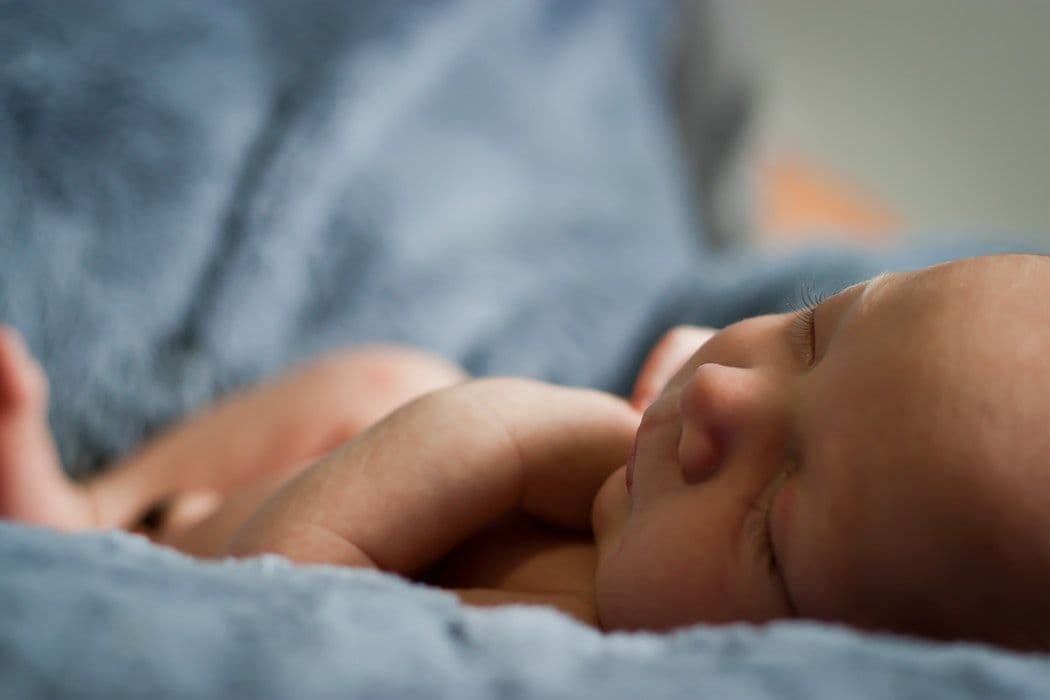Can Baby's Heart Rate Determine The Sex?
Pregnancy Myths
Obie Editorial Team

There are so many myths surrounding predicting your baby's gender. You may have heard that you can use your baby's heart rate to determine whether you are having a boy or a girl. The theory is that a girl's heart will be faster (over 140 beats per minute) and a boy's heart rate will be slower (under 140 beats per minute). And there is some support for this in a study which showed that female fetuses had higher heart rates in labor when compared to male fetuses
Is the female fetus' heart different than the male heart?
- Studies have shown no differences in the fetal heart rate between girls and boys early in pregnancy.
- This study showed that female fetuses had higher heart rates in labor when compared to male fetuses
- In one study, the female fetus' heartbeat reacted differently when the mother ate dark chocolate as compared to male fetuses.
- In another study, a female fetus' heartbeat was different in labor as compared to a male heartbeat.
The heart rate of your baby fluctuates as they grow and as they move. Heart rates start out slower, and then by 8-10 weeks run in the range of 170-200 BPM (beats per minute). As your approach mid-pregnancy, the average heart rates run between 120 - 160 BPM. If your baby moves, his or her heart rate goes up, just as your heart rate does with movement. However, none of these is related to the sex of your baby.







